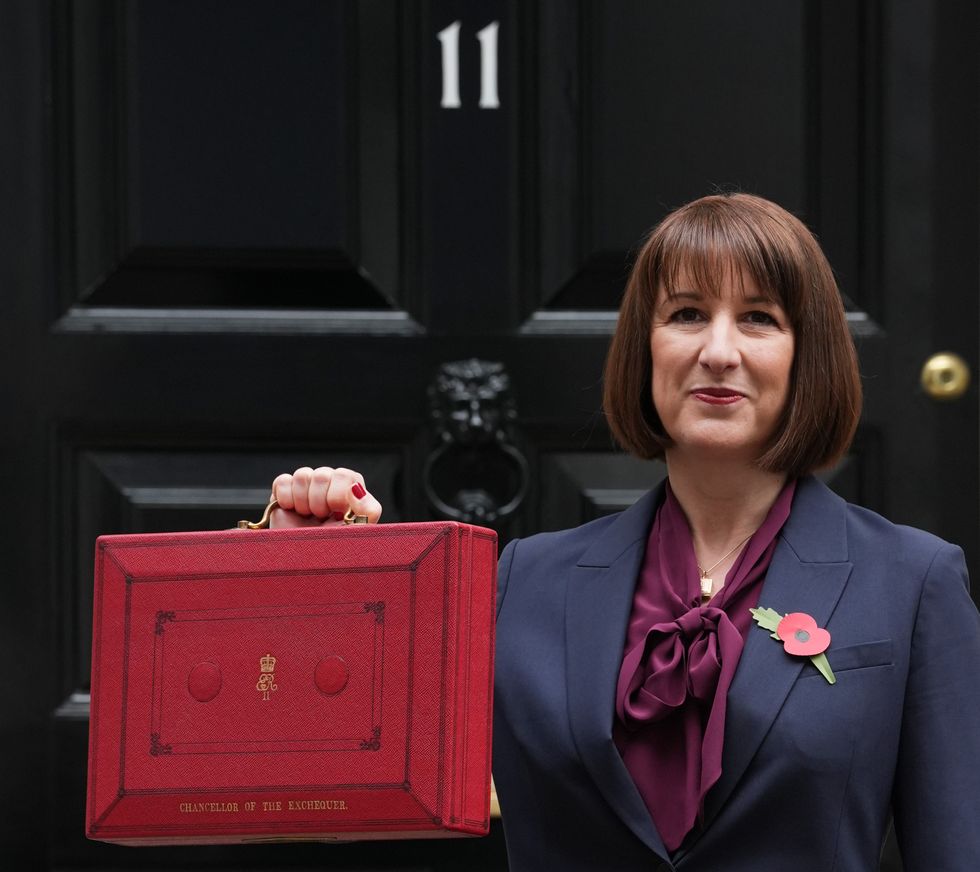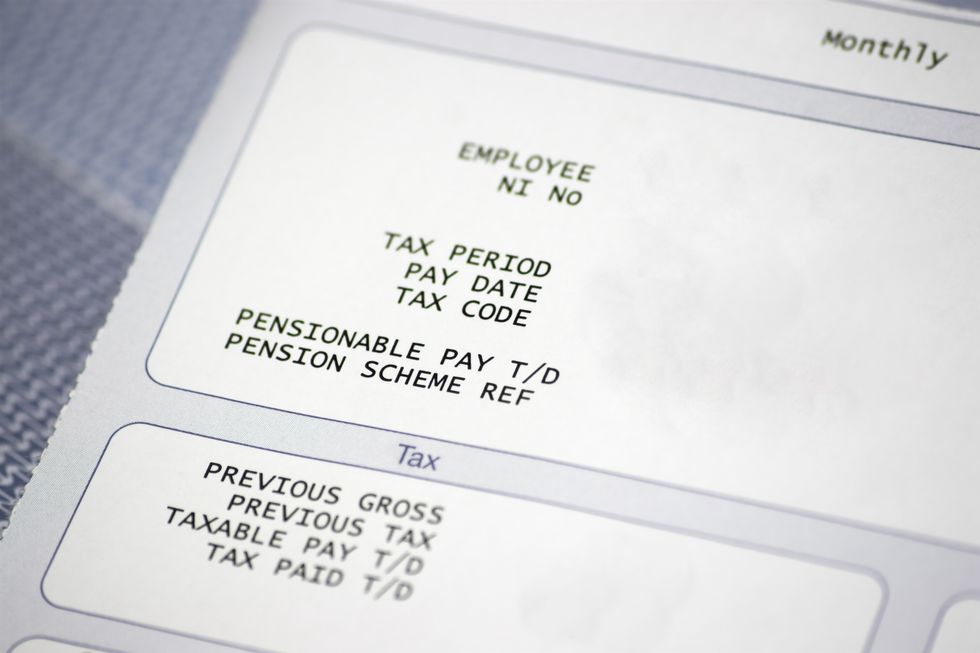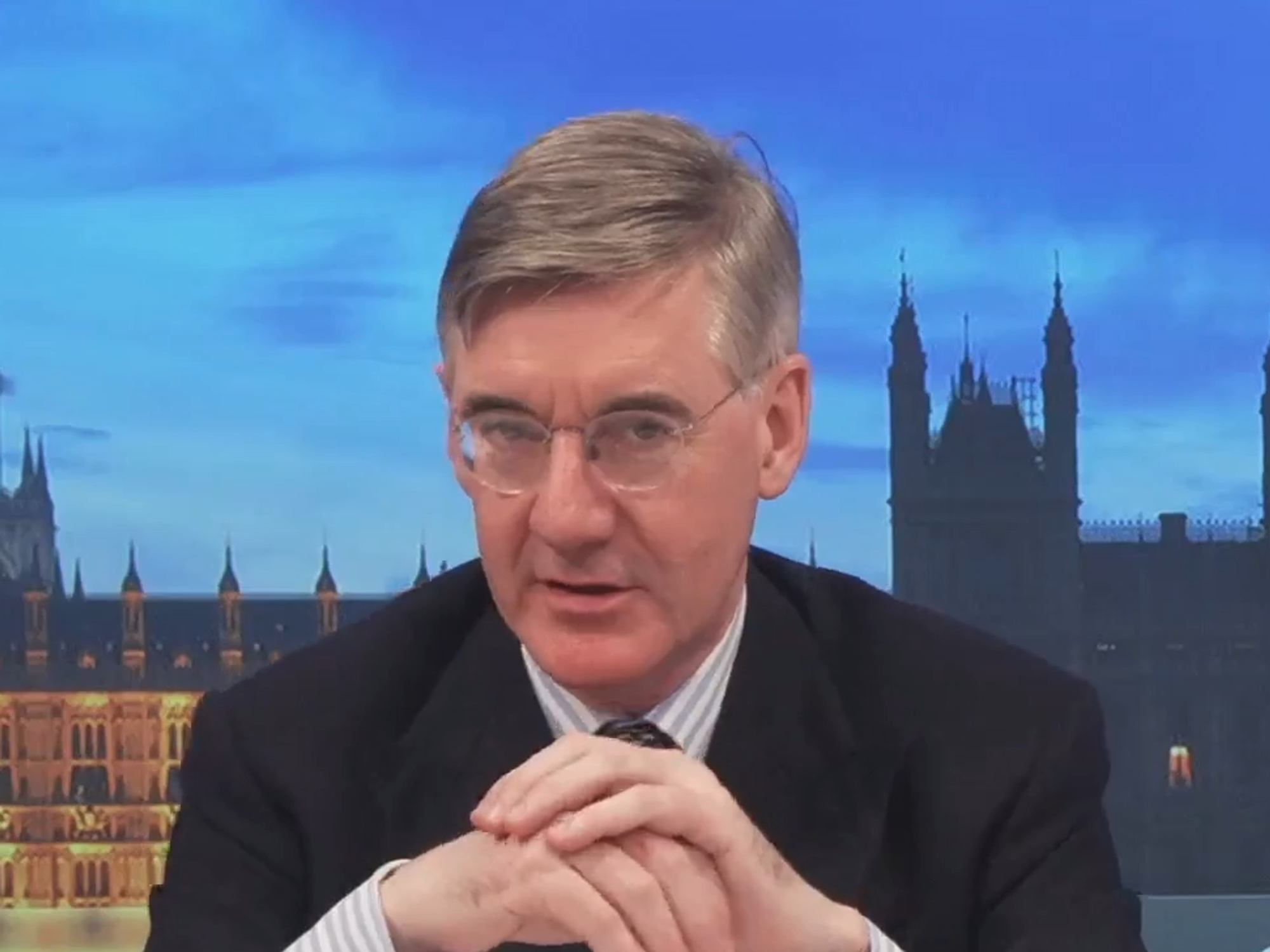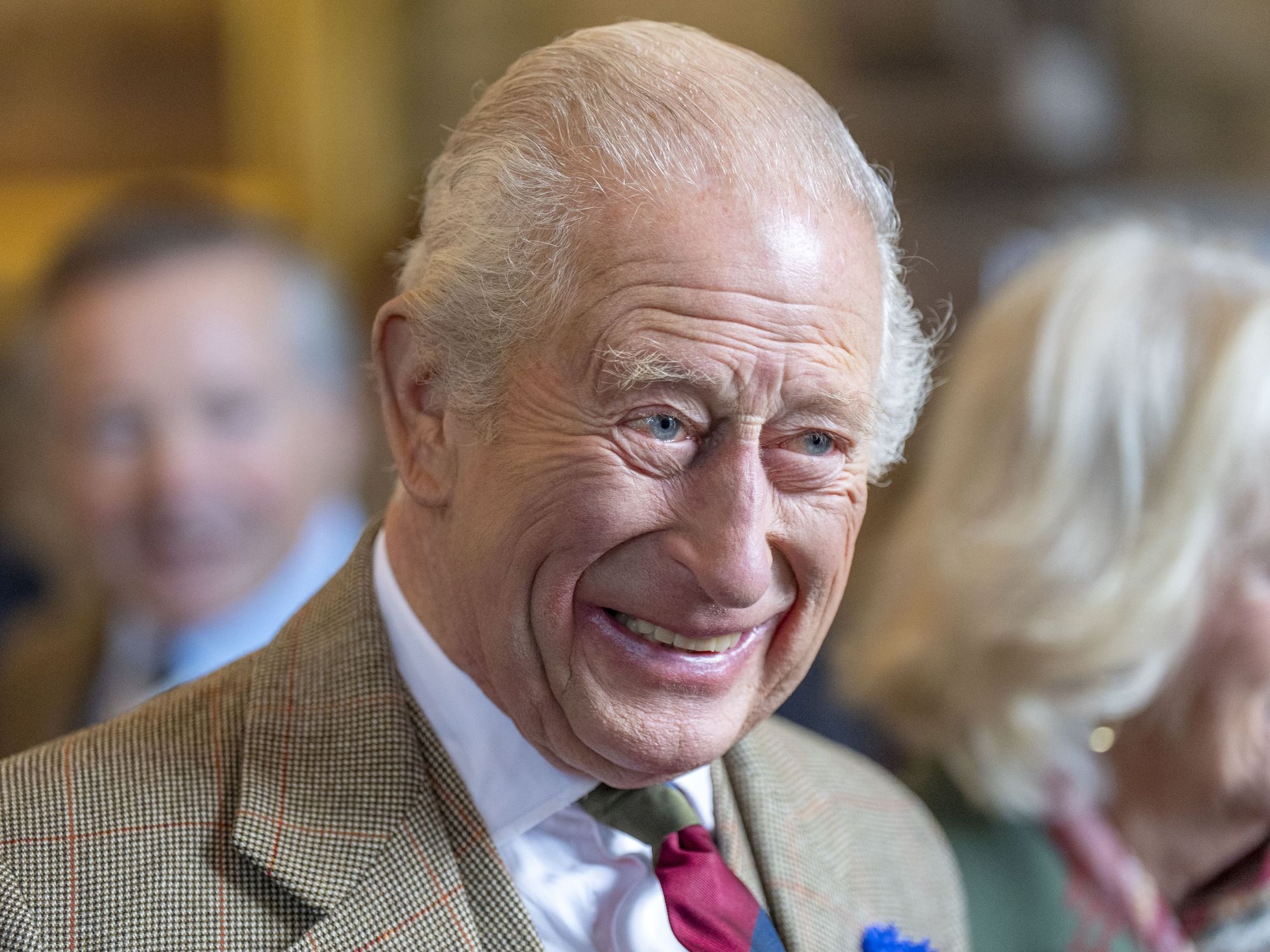Martin Lewis warns 700,000 workers that National Insurance hikes will have 'a direct impact’ on take-home pay

Official estimates suggest that around 60 per cent of the cost will be passed on to employees in the short term. This effectively makes the change an indirect tax rise on workers

Businesses will be paying National Insurance on an extra £4,100 at the new rate
Don't Miss
Most Read
Martin Lewis has warned 700,000 workers will take a direct hit to their take-home pay.
The money saving expert discussed the impact of National Insurance changes announced in the recent Budget on his latest ITV show.
The changes, set to take effect from April 2025, include an increase in employer National Insurance rates from 13.8 per cent to 15 per cent.
Additionally, the earnings threshold at which employers start paying National Insurance will be lowered from £9,100 per year to £5,000.
This means businesses will be paying National Insurance on an extra £4,100 at the new rate.
Lewis calculated that this would result in businesses paying an additional £615 per employee annually.

Reeves announced the earnings threshold at which employers start paying National Insurance will be lowered from £9,100 per year to £5,000.
| PAThese alterations will significantly affect businesses and employees alike, with potential consequences ranging from reduced profits to decreased employee benefits.
Lewis said: "Firms have to make a choice. Are they going to reduce their profits? Are they going to charge their customers more? Or are they going to reduce future employee benefits and salaries?"
According to Lewis, official estimates suggest that around 60 per cent of the cost will be passed on to employees in the short term. This effectively makes the change an indirect tax rise on workers.
However, for approximately 700,000 umbrella company workers, the impact will be more direct. He said: "So being really honest, I said that there was an indirect impact for workers, but for the 700,000 umbrella company workers, there is a direct impact on the take home pay of working people."
Martin Lewis addressed a specific question from an audience member who works through an umbrella company.
The viewer asked if the Budget had reduced their take-home pay, to which Lewis responded: "Almost certainly, yes."
He explained: "There are around 700,000 people who work through umbrella companies. They're often freelancers or supply teachers and they are counted as PAYE workers for an agency, but they're sort of self employed."
A tax specialist on the show confirmed that these workers would be directly affected, as companies with sole directors and employees do not qualify for the employment allowance.
This means they will pay more employer's National Insurance, resulting in less take-home pay for the employee.
LATEST DEVELOPMENTS:
Paul Johnson, director of the Institute for Fiscal Studies (IFS) explained that working people will ultimately bear the cost of these tax rises.
He explained: "The OBR suggests that three quarters of the impact of employer NICs will be felt by employees, even if the changes don't show up on payslips."
Johnson further warned that these tax rises partly explain why the Office for Budget Responsibility (OBR) has downgraded its projections for real household income growth over the next few years.

Lewis calculated that this would result in businesses paying an additional £615 per employee annually
| GETTY"Somebody will pay for the higher taxes - largely working people," he said.
He also highlighted that the increase in employer National Insurance contributions will further incentivise employers to switch to contracting with self-employed workers.










